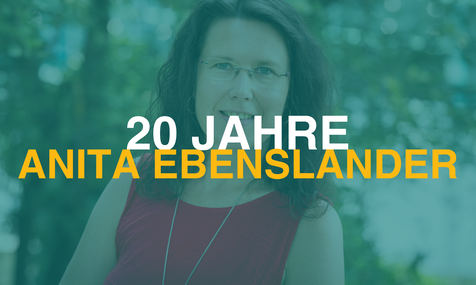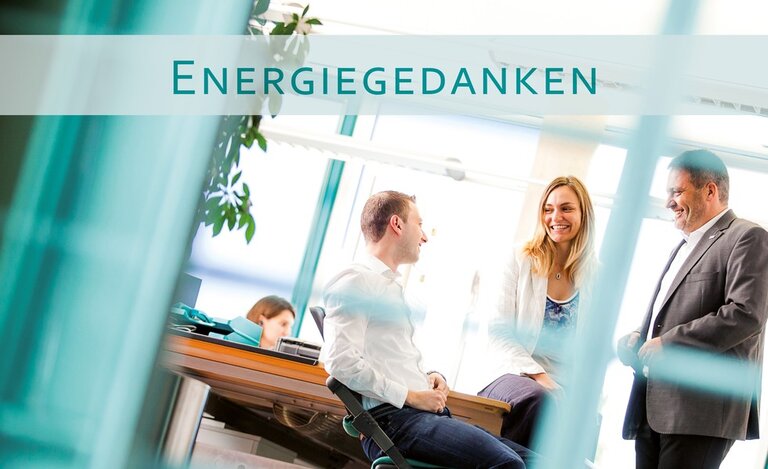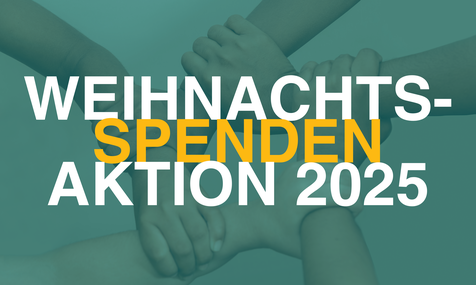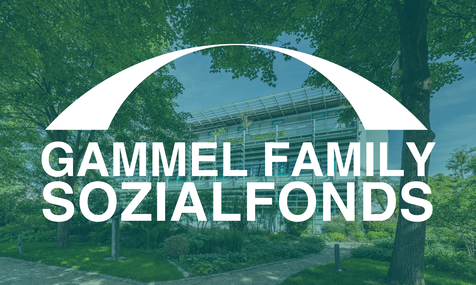The grid cost fairy tale: Wrong assumptions by grid operators or greed?
Once upon a time there was a Federal Network Agency (BNetzA). Year after year, its four electricity transmission system operators (TSOs) whispered in its ear how they wanted to deal with the ever-increasing amount of evil wind and solar power in the country in the future. "Build more lines," whispered the four, who cherish their monopolies in the east, southwest, northwest and center of Germany, "then we'll sort it out." They kept quiet about the fact that this would make electricity more and more expensive.
But the BNetzA didn't give a damn about that either. After all, the electricity-consuming industries, especially in the steel and aluminum sectors, which are also being pampered by all governments in this republic, had already been given loopholes beforehand. But those who have to pay the price for the many new lines, i.e. all the normal electricity consumers in the Republic, from private individuals to medium-sized and large companies, would not put up a fight anyway. Those responsible on all sides were quite sure of this.And so, since 2011, when several nuclear power plants exploded in Fukushima, 5900 kilometers (km) of extra-high-voltage lines have been planned. Initially, it was said that they would be ready by the time all German nuclear reactors were finally shut down, i.e. around 2022. Gradually, however, the TSOs let out tidbits of information: No, it would take a little longer, the evil environmentalists with their oh-so-bad demands would prevent faster construction, was one of the main arguments. To date, only 150 of the 5900 km have actually been completed. And half the time originally promised for all the lines has already passed.But who knows? As we all know, there is absolute transparency in this country. Every citizen could, for example, visit the website
www.netztransparenz.de/EnWG/Redispatch to see for themselves how the problems caused by more and more wind and solar power plants are developing. No, they are not exploding, but imploding, i.e. collapsing. A look at the third quarter, for example, is enough. In 2015, the TSOs still had to intervene in the electricity grid 1369 times; they call this "redispatch". In 2017, just 880 interventions were necessary in the same quarter - a third less. We are even keeping quiet about the interim year from July to September 2016 with 543 redispatches.
However, the TSOs continue to fuel the fear of power outages. Unfortunately, one of their reports doesn't fit in at all. Did it slip through by mistake? Last year, 2016, was the year with the highest security of supply in Germany - in other words, the year with the fewest power outages for customers. www.vde.com/de/fnn/themen/versorgungsqualitaet/versorgungszuverlaessigkeit/stoerungsstatistik-2016 And almost without any new extra-high-voltage lines for three-phase or direct current being completed.
This is not a fairy tale. Just as little as the costs for line usage are rising year on year - with or without grid expansion. Customers who pay the electricity price are usually shamefully kept in the dark: The costs include much less of the levy for renewable energies than grid fees. And these continue to rise; the more grid, the more. This is because, as we all know, the operators of transmission and distribution grids receive guaranteed returns. A great thing for shareholders without much risk.
However, the grid expansion would not actually be necessary to the extent desired by the BNetzA and TSOs: Even the certainly unbiased experts from the VDE have clearly demonstrated this in the "Cellular approach" study. Regional supply, storage, networking and better forecasting would often be enough. It would certainly be much cheaper. And the majority of the population wants this, unlike new power lines.
The foresight principle could also be applied to gas grids: The operator associations have even already taken this into account in their guidelines "Processing standard load profiles for gas". But will the individual network operators follow the recommendation? They are not obliged to do so. It is therefore to be expected that they will continue to look at their returns instead of thinking about the sense of expansion.
"More lines, fewer electricity and gas problems": This is obviously not a false assumption, but simply a fairy tale. It's all about getting more money in your pocket. And as long as the grids are not a genuine state responsibility again, the operators will simply continue to cash in.
(Author: Zukunftsenergie-Team Gammel)



